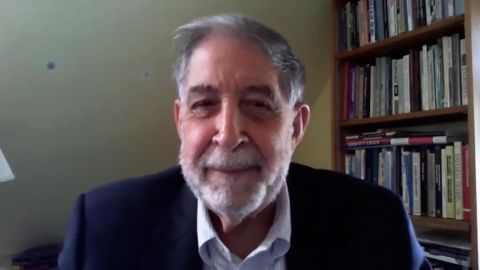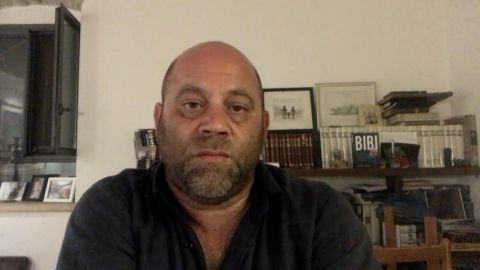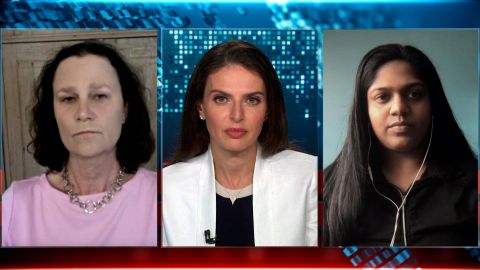Read Transcript EXPAND
ANSHEL PFEFFER, “HAARETZ”: Good evening, Bianna, from Jerusalem. Yes, as we speak, the leaders of the eight parties who are committed to join this coalition, which will form a government to replace Netanyahu, are meeting in a hotel near Tel Aviv to basically finalize the coalition agreements. They have another four hours before the deadline expires. And they seem very close to signing the agreements. Five of the parties have already agreed. Three parties are left. There are a few outstanding issues, but they will probably overcome those in the next two or three hours. But, as you said, it’s not over yet. Once the coalition has signed the agreements, they have to actually swear in the new government. To do that, they have to pass a confidence vote in the Knesset. That will take place sometime probably next week. And Netanyahu is doing everything he can to pressure some of the coalition’s members into somehow dropping out and to deny the coalition of a majority.
GOLODRYGA: And this coalition is made up of eight different parties of completely different political spectrums. Can you give us a sense of what they have in common, other than wanting to ask Bibi Netanyahu?
PFEFFER: Well, that really is their unifying purpose. They’re — so, they’re from the right wing, centrist, left wing, Arab, Islamist, conservative parties. They really have very, very little in common, except this desire not just to replace them to Netanyahu, but to restore some kind of stability, some kind of equilibrium to Israeli politics. And they also will talk about the need to try and restore some kind of sense of unity to Israeli society that they feel Netanyahu has damaged, has created all these divisions, certainly exacerbated the divisions in Israeli society. And that will — well, that will be the coalition’s rhetoric: This will be a unifying government. They’re even calling it a healing government. That may be a step too far. But that’s — but that is — that’s the kind of words they’re using.
GOLODRYGA: Right. And it’s hard to imagine a healing government or a viable longer-term government when, in the best-case scenario, the most that all of these parties can agree on is agreeing to disagree on so many of these issues. Do you see this as a viable coalition?
PFEFFER: Well, as we said, the unifying purpose of this coalition is to replace Netanyahu. But Netanyahu, even if he is forced to leave office in a week or so, will not be going away. He will remain the leader of the opposition. He will continue to rally his base and the parties which supported him which are now — which will now be — if this happens, they will be in the opposition. And it won’t be an easy period for the government. It won’t be easy for Israeli society. But the fact that Netanyahu now is trying, will be trying to break them up, to get — to get back into office, I think that will continue their sense of purpose in sticking together. And we may see this government lasting more than most people expect.
About This Episode EXPAND
Anshel Pfeffer; Pam Shriver; Kavitha Davidson; Mickey Edwards; Danielle Peck
LEARN MORE



